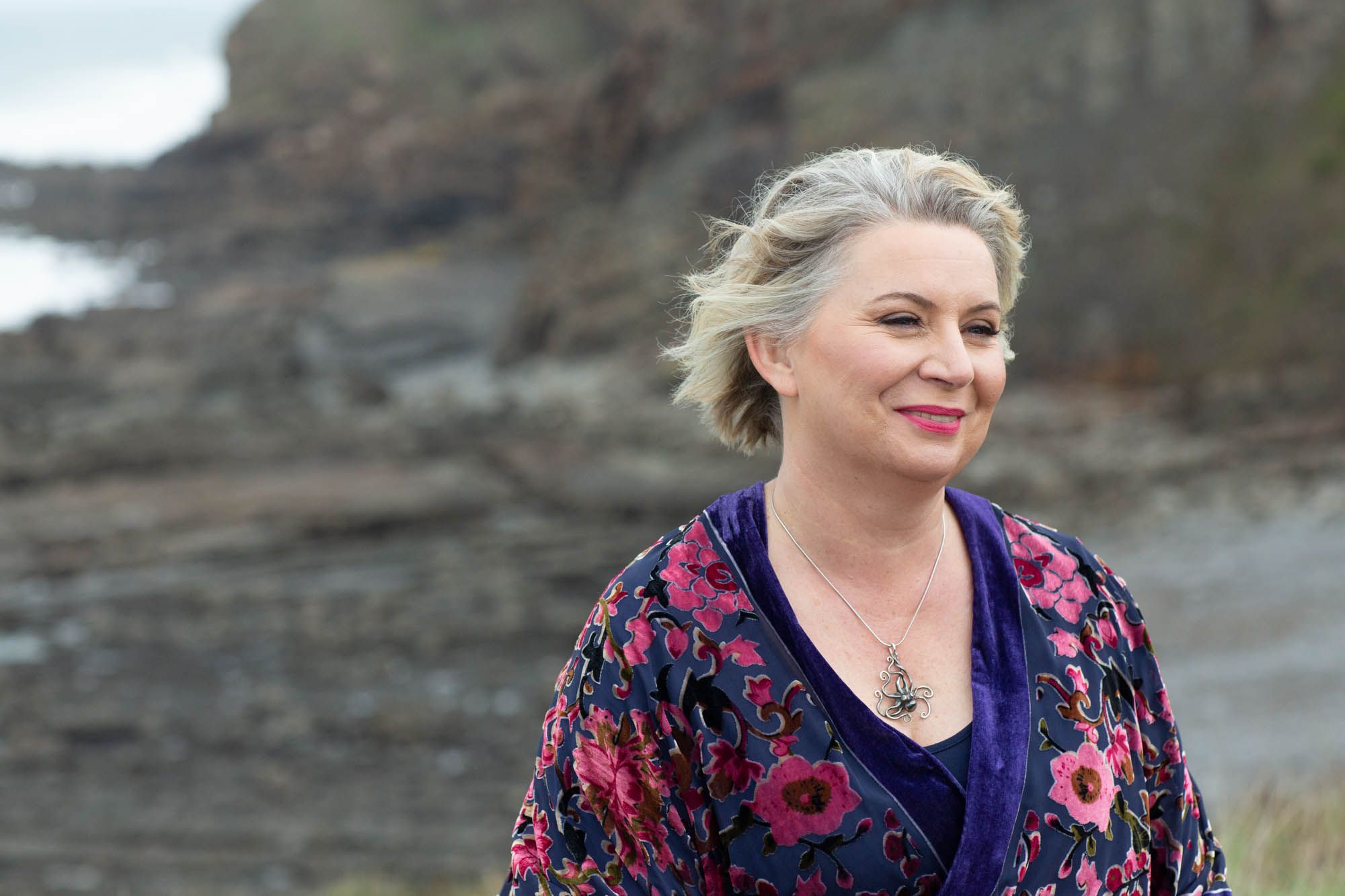Dr Lisa Turner, a renowned life coach and behavioural psychologist, proposes a surprisingly straightforward method that promises to change your life with minimal complexity. In an age where self-improvement often seems tethered to elaborate routines and costly interventions, Dr Turner’s approach stands out for its simplicity and accessibility. According to her, the key to profound personal change lies in the daily decisions and habits that incrementally shape our lives.
Dr Turner emphasises the profound impact that small, consistent actions can have over time. By focusing on these micro-adjustments, individuals can steer their life trajectories in entirely new directions. This method doesn’t require a monumental leap but rather encourages a series of manageable steps that can lead to significant, sustainable change.
This approach to life modification demystifies the process of personal growth, making it more attainable than ever. Dr Turner’s recommendations are grounded in psychological research that substantiates the power of cumulative, incremental changes. By applying these principles, any individual, regardless of their starting point, can begin the journey towards meaningful change with confidence and clarity.
Identifying Life Goals
One’s journey towards changing one’s life begins with crystal clear identification of one’s life goals. This process is foundational and directs all subsequent efforts and strategies.
Vision Setting
She emphasises the importance of Vision Setting as the cornerstone of goal identification. Individuals should take the time to reflect on what they truly desire in key life areas: career, health, relationships, and personal growth. Specific and measurable goals should be articulated. For example, instead of aspiring to ‘be healthier’, one should aim to ‘walk 10,000 steps daily’ or ‘meditate for 20 minutes daily’.
Prioritisation Strategies
Once goals are set, Prioritisation Strategies ensure they are approached efficiently. Dr Turner recommends categorising goals using a simple yet effective matrix:
| Urgency | Important | Not Important |
| Immediate | Finish project proposal by Friday | Check emails every hour |
| Not Immediate | Plan a family holiday for next year | Organise the bookshelf |
She suggests tackling important and immediate tasks first, as they have a significant impact on achieving one’s life goals. It is crucial to differentiate between tasks that are truly important and those that merely appear to be urgent.
Creating a Daily Routine
Establishing a consistent daily routine is pivotal for personal growth and productivity. Dr Lisa Turner emphasises that such a structure not only establishes a cadence for one’s day but also sets the tone for achieving goals effectively.
Morning Rituals
One’s morning routine is a critical component of a successful day. Everyone has a preferred way to start their day. Dr Turner offers the following suggestions for experimentation.
- Wake-up Time: Consistency is key, so set a wake-up time and adhere to it, even on weekends.
- Hydration: Begin the day with a glass of water to rehydrate.
- Meditation: Allocate at least 10 minutes for meditation to clear the mind.
- Physical Activity: Engage in at least 20 minutes of physical exercise to energise the body.
- Nutritious Breakfast: Consume a well-balanced breakfast to fuel the mind and body for the day ahead.
- Wake and work: Waking up and going straight to your desk to work can actually be perfect for high productivity. Skip all the routines, hit the keyboard in your jammies with a cuppa, and notice how creative and inspired you are.
Experiment to find which of these elements ensures that you start the day with clarity, focus, and energy.
Time Management
Effective time management is essential for a productive routine:
- Prioritisation: List tasks by priority, focusing on high-impact activities first.
- Scheduling: Assign specific time blocks for tasks, including breaks, using tools like digital calendars.
- Distraction Management: Identify potential distractions and plan strategies to minimise them.
- Review Period: Set aside time at the end of the day to review accomplishments and prepare for the next day.
Implementing these strategies facilitates a well-structured day, allowing for a balance between work, rest, and personal interests.
Harnessing Positive Habits
Developing positive habits lies at the core of transformative life changes. Dr Lisa Turner emphasises the need for mindfulness and unwavering commitment as the bedrock of habit formation.
Cultivating Mindfulness
Mindfulness roots an individual in the present, enabling a heightened awareness of your actions and choices. Dr Turner suggests:
- Start with short sessions: Initiate with 5-minute daily mindfulness exercises to build focus.
- Engage fully in the activity at hand: Whether eating or walking, immerse oneself fully to experience the moment.
Consistency and Commitment
Without consistency, even the most well-intentioned habits can crumble. Dr Turner advises:
- Set attainable goals: Begin with small, achievable tasks to foster a sense of accomplishment.
- Maintain a habit tracker: Utilise tools like calendars or apps to monitor progress and reinforce consistency.
Through these methods, one can anchor new, beneficial habits effectively.
Overcoming Obstacles

To change your life, you must navigate through inevitable challenges. Dr Lisa Turner emphasises two critical areas: addressing procrastination and building resilience.
Addressing Procrastination
Procrastination is the act of delaying or postponing tasks. Dr Turner suggests a two-step approach:
- Identification:
- List tasks delayed.
- Note reasons for procrastination (e.g., fear, perfectionism).
- Action:
- Set small, achievable goals.
- Use timers for work intervals (for example, 25 minutes of work and a 5-minute break).
By breaking tasks into manageable parts and understanding the underlying causes, one can take proactive steps to minimise procrastination.
Building Resilience
Resilience is one’s ability to recover from difficulties. Dr Turner advocates for a structured methodology:
- Emotional Management: Practise mindfulness to maintain emotional stability.
- Support Networks: Foster relationships that provide emotional support.
Through these practices, individuals can cultivate an environment conducive to resilience, helping them to persist and overcome obstacles in their path.
If you’re having trouble pushing past some mental blocks, it is time to get unstuck! We have programmes that can support your personal development in new and exciting ways so you feel empowered to take steps that change your life.







